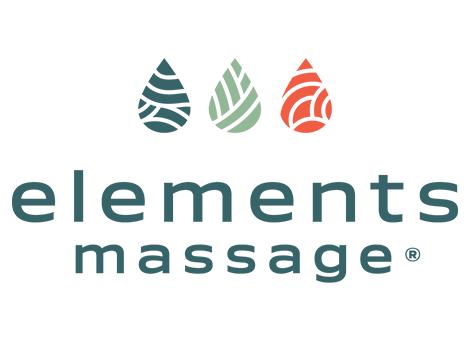Massage therapy has been well-documented in facilitating muscle relaxation and mitigating discomfort. This section expands on the physiological and psychological mechanisms through which massage therapy achieves this.
Neuromuscular Mechanisms
Massage therapy has been known to affect the neuromuscular system by reducing muscle tension and breaking the pain-spasm-pain cycle (Munk & Zanjani, 2011). This cycle usually begins with muscle injury or overuse, triggering muscle spasms, which cause pain, leading to more spasms and thus perpetuating the cycle. Massage therapy can disrupt this cycle by reducing muscle tension, facilitating muscle relaxation, and consequently mitigating discomfort.
Increasing Blood Circulation and Metabolic Waste Removal
Muscle massage boosts local blood circulation due to the mechanical pressure exerted on the tissues (Weerapong, Hume, & Kolt, 2005). This increased circulation brings fresh oxygen and nutrients to the muscle tissue, supporting its health and recovery. Additionally, the enhanced blood flow helps in the removal of metabolic waste products, such as lactic acid and carbon dioxide. By eliminating these waste products, muscle soreness and fatigue can be mitigated.
Anti-Inflammatory Effects
Recent scientific research suggests that massage therapy can have anti-inflammatory effects, which can further contribute to muscle relaxation and pain relief. A study by Crane et al. (2012) found that massage therapy reduced the production of inflammatory cytokines while promoting the synthesis of new mitochondria, the powerhouses of cells. These effects can facilitate faster recovery of muscles after injury or strenuous activity.
Hormonal Changes Promoting Relaxation
Massage therapy triggers a cascade of physiological responses, including the release of hormones such as endorphins and serotonin. These are known as "feel-good" hormones due to their role in inducing feelings of relaxation, pleasure, and well-being (Field, 2005). By boosting the levels of these hormones, massage can help reduce muscle tension and promote a state of relaxation.
Psychological Aspects
Finally, it's important to note the psychological component in muscle relaxation. Massage can help reduce stress, anxiety, and depression, which are often associated with muscle tension and pain (Field, 2010). By promoting mental relaxation, massage therapy can indirectly contribute to muscle relaxation and relieve muscle pain.
References
- Crane, J. D., Ogborn, D. I., Cupido, C., Melov, S., Hubbard, A., Bourgeois, J. M., & Tarnopolsky, M. A. (2012). Massage therapy attenuates inflammatory signaling after exercise-induced muscle damage. Science Translational Medicine, 4(119), 119ra13.
- Field, T. (2005). Massage therapy. Medical Clinics of North America, 89(3), 713-728.
- Field, T. (2010). Touch for socioemotional and physical well-being: A review. Developmental Review, 30(4), 367-383.
- Munk, N., & Zanjani, F. (2011). Massage in connective tissue disorders. In Psychiatric Disorders (pp. 69-86). Springer, Berlin, Heidelberg.
- Weerapong, P., Hume, P. A., & Kolt, G. S. (2005). The mechanisms of massage and effects on performance, muscle recovery and injury prevention. Sports Medicine, 35(3), 235-256.

